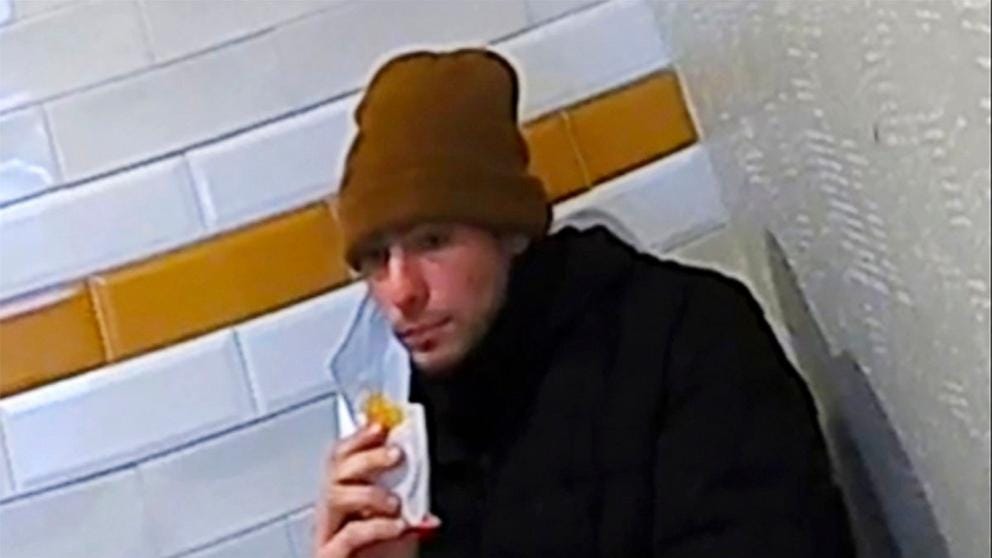Heroism Is Dehumanizing
We are creating collective movies, not movements.
Over the last two weeks I have had a line from my father’s eulogy for his mother Gloria Moskowitz stuck in my head. It’s a line that has stayed with me since my dad recited it in 2013, at a funeral home in Port Jervis, down the street from where he was raised, the town where his parents had settled in 1945. It’s the part of the eulogy I have tattooed on my shoulder blade.
Gloria lost nearly all of her family in the Holocaust, as did my three other grandparents. And yet both sides of my family somehow rebuilt lives in the U.S. They had kids, they started businesses (plumbing on my dad’s side; fabrics on my mom’s). They lived full lives. They became models of the American Dream. But they did this all while shouldering the tremendous weight of their past traumas. There’s an interview given by my mom’s mom, Helen Rosenzweig, to Holocaust researchers at Yale in 1981, in which she says: “You just try not to think about it. Because if you did, you’d jump off the Empire State Building.”
The line from my dad’s eulogy:
All around are shadows of the still-living and those who died heroes as if by choice.
The shadows of the still-living. Those who died heroes as if by choice.
The U.S. is not currently experiencing a Holocaust, but in the faces of my friends and family struggling with drugs or depression or mental illness or self-harm, struggling to bear the weight of navigating the bureaucratic violence of American capitalism—the job market and the housing market and the health insurance racket—I see the shadows of the still-living. And in the response to the killing of health insurance CEO Brian Thompson, I see the desire to assign a heroism to a young man whose life is now ruined, who will likely spend the rest of his life in prison, whose family is now scarred and who will now all have to bear the mental weight of his actions for the rest of their lives.
I am not attempting to tsk-tsk the memeification and thirsting over Luigi Mangione. I understand it. I understand the catharsis that comes from seeing a kind of forcible reversal of violence—the death and destruction caused by our health insurance and medical systems thrown back in its face. But as we get farther out from the event, I have become more uncomfortable with this kind of unfettered glee and what it may hide.
To make someone a hero is not only to signal your support for what they did, it is also a process of projecting our own fantasies and desires onto them for our own benefit. And thus it is a process of dehumanization.


